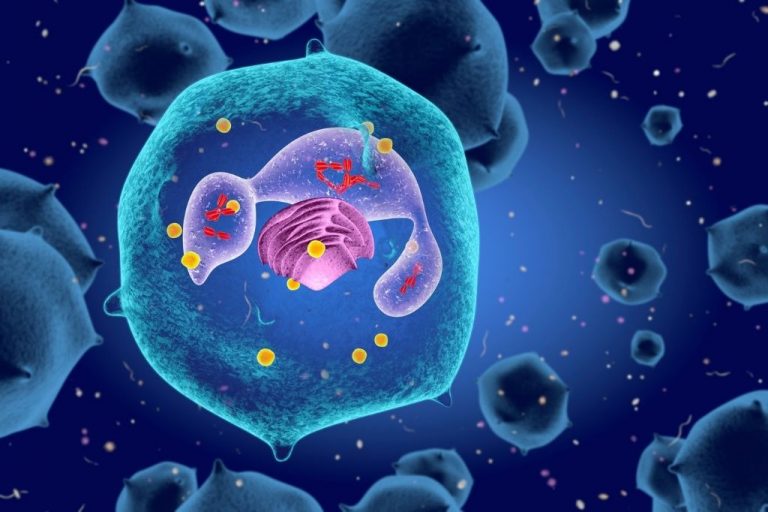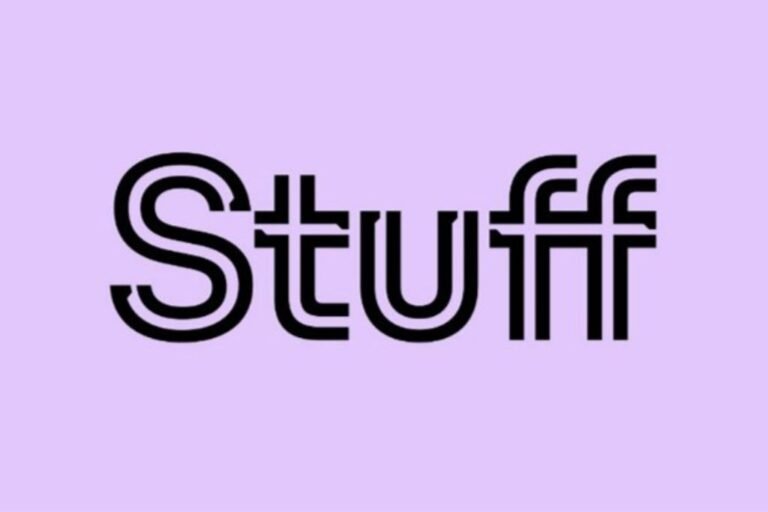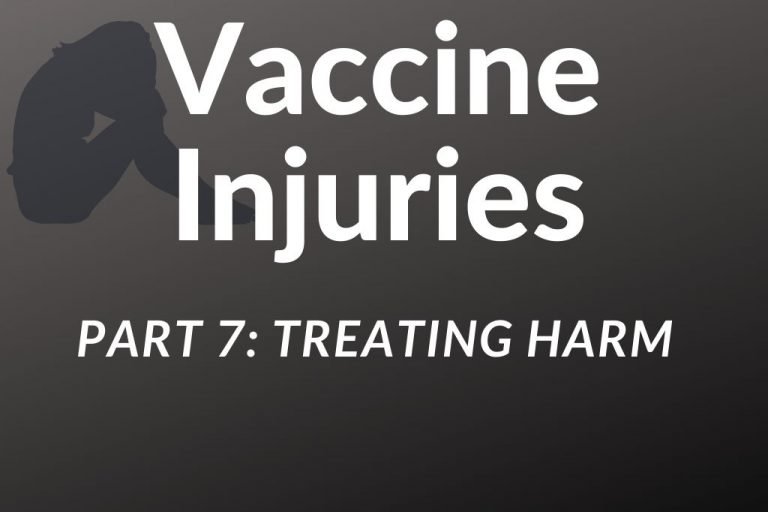The Covid-19 Industry: Fierce Conflicts of Interest

Claiming to “put the researcher first, and our purpose above our profits“, recent conduct at ResearchGate suggests conflicts of interest may be undermining the esteemed position they have held in the scientific community. Founded in Berlin in 2008 by two physicians and a computer scientist, ResearchGate is an online professional networking site used by the international scientific and research community to share academic work, obtain feedback and form connections. Claiming a membership of over 20 million, researchers promote their academic profiles and post papers to the site whilst awaiting peer review and publication.
On 8 June 2022 an international research team released a preliminary analysis in a 41-page pre-print, Self-reported outcomes, choices and discrimination among a global COVID-19 unvaccinated cohort. With reportedly over 20,000 views at ResearchGate by 17 June 2022, the report made headlines in a number of media outlets including the UK Daily Mail and Technocracy News. In quick succession MSN withdrew their article (archived here) and ResearchGate removed the paper from their website, citing a breach of terms and conditions.
Replying to communication from ResearchGate, study co-author Dr Rob Verkerk acknowledged that they “must have been under considerable pressure to remove the report once the findings were discussed by the mainstream media.” This seems in keeping with patterns being experienced across the scientific and public health community as industry capture becomes an unashamedly overt obstacle to independent research, analysis, publication and practice.
What Conflicts of Interest?
Most recently discussed in our report on the Together Trial, the issues of corruption and industry capture in public health research and publication are not new. However they have become apparently more emboldened, and certainly more conspicuous to many more of us since the beginning of the Covid-19 pandemic.
In 2017 ResearchGate admitted to funding received from sources including the Wellcome Trust and Bill Gates as early as 2015, seven years after their humble beginnings. Could this be relevant to the censorship being experienced by independent scientists today?
As early as June 2020 independent Canadian researcher, Professor Denis Rancourt wrote in COVID Censorship at ResearchGate: Things Scientists Cannot Say “My April 2020 article entitled “Masks Don’t Work: A review of science relevant to COVID-19 social policy” was banned from ResearchGate on 3 June 2020, after it had reached an unprecedented 400 K reads on the site“. Rancourt was told that his content did not comply with ResearchGate’s terms of service. In his reply to ResearchGate, Professor Rancourt suggested that all science should be “questionable”. He also wrote in his article “This is censorship of my scientific work like I have never experienced before. It deprives me of the advantages of the ResearchGate platform …”.
June 2020 was also the month when “Lancetgate” made headlines. Two of the world’s most prestigious medical journals, The Lancet and the New England Journal of Medicine (NEJM) published research from Harvard Medical School and a little-known company called Surgisphere claiming that Hydroxychloroquine and Chloroquine were not useful as early treatments for Covid-19 and may have caused harm to patients. This contradicted an array of research supporting these treatments, resulting in the suspension of all clinical trials of Hydroxychloroquine by the World Health Organisation, claiming safety concerns. Independent scientists quickly identified a multitude of discrepancies in the data and ultimately both The Lancet and the NEJM were forced to retract their publications of the fraudulent papers.
Robert F Kennedy Jr has written about his own experiences since 2005 when he published “Deadly Immunity“, an article about conflicts of interest in CDC’s vaccine branch. He states in his recent bestseller, The Real Anthony Fauci: “Newspapers thereafter generally refused to publish my articles on vaccine safety and ultimately banned me from publishing on any issues. In 2008, without consulting me or citing a specific reason, Salon retracted and removed my 2005 article. Salon’s founder, David Talbot, faulted Salon for caving in to Pharma. Rolling Stone finally removed the article without explanation in February 2021, and HuffPost purged all half-dozen of my vaccine articles. The editors of those online journals had thoroughly factchecked my pieces prior to publication“.
Kennedy provides evidence that this censorship sprang out of conflicts of interest during the AIDS epidemic in the early 1980s when Dr Fauci established a highly profitable institutional culture reliant on the obliteration of scientific dissent. He describes a partnership between Gates and Fauci beginning in the year 2000, leading to collaborations with pharmaceutical companies, military and intelligence planners, and international health agencies “all collaborating to promote weaponised pandemics and vaccines and a new brand of corporate imperialism rooted in the ideology of biosecurity“. He states “The Wellcome Trust is a kind of hybridized British version of NIAID and the Bill and Melinda Gates Foundation. It largely funds studies that tend to promote profit taking by British pharmaceutical companies“.
Most recently headlines in New Zealand (for example this Stuff article) and across the globe have claimed that the Covid-19 vaccines have saved tens of millions of lives. These claims emanate from a publication in The Lancet: Global impact of the first year of COVID-19 vaccination: a mathematical modelling study.
In his review of the Lancet article at The Brownstone Institute: Did Covid Vaccines Save Tens of Millions of Lives?, Dr Roger Koops analyses the accuracy of these claims. Amidst a range of deceptive academic practices sit the conflicts of interest of lead author, Azra Ghani, employed by Imperial College London and “supported in funding by the Global Alliance for Vaccines Initiative (GAVI), the Bill and Melinda Gates Foundation, Rhodes Trust, the World Health Organization (WHO), and others. Dr. Ghani acts as a consultant for HSBC, GlaxoSmithKline, and the WHO and as with her other Imperial College colleagues, has been pro-lockdown/pro-panic, and pro-vaccine for more than two years“.
In their 17 June 2022 report ResearchGate Pulls Control Group Survey Preprint, World Council for Health outline the initial findings of the unvaccinated cohort survey which contradict claims of a “pandemic of the unvaccinated”. A spectrum of shared characteristics and experiences amongst the cohort is described, and the need for a control group in scientific experiments explained. The authors are pushing forward with plans for a peer reviewed journal publication of their findings despite this initial setback.
Connecting the dots between those funding our medical journals and media, and influencing our dubious public health responses which happen to rely on funding from, and result in profits to, the same powerful sources, becomes easier with each new scandal. The conflicts of interest appear to be many in number and often have elaborate networks obscuring the primary source, but ultimately lead to a few common perpetrators. A shift towards new and independent publishing sources committed to ethical research and scientific discourse seems the most obvious solution.






One Comment
Comments are closed.